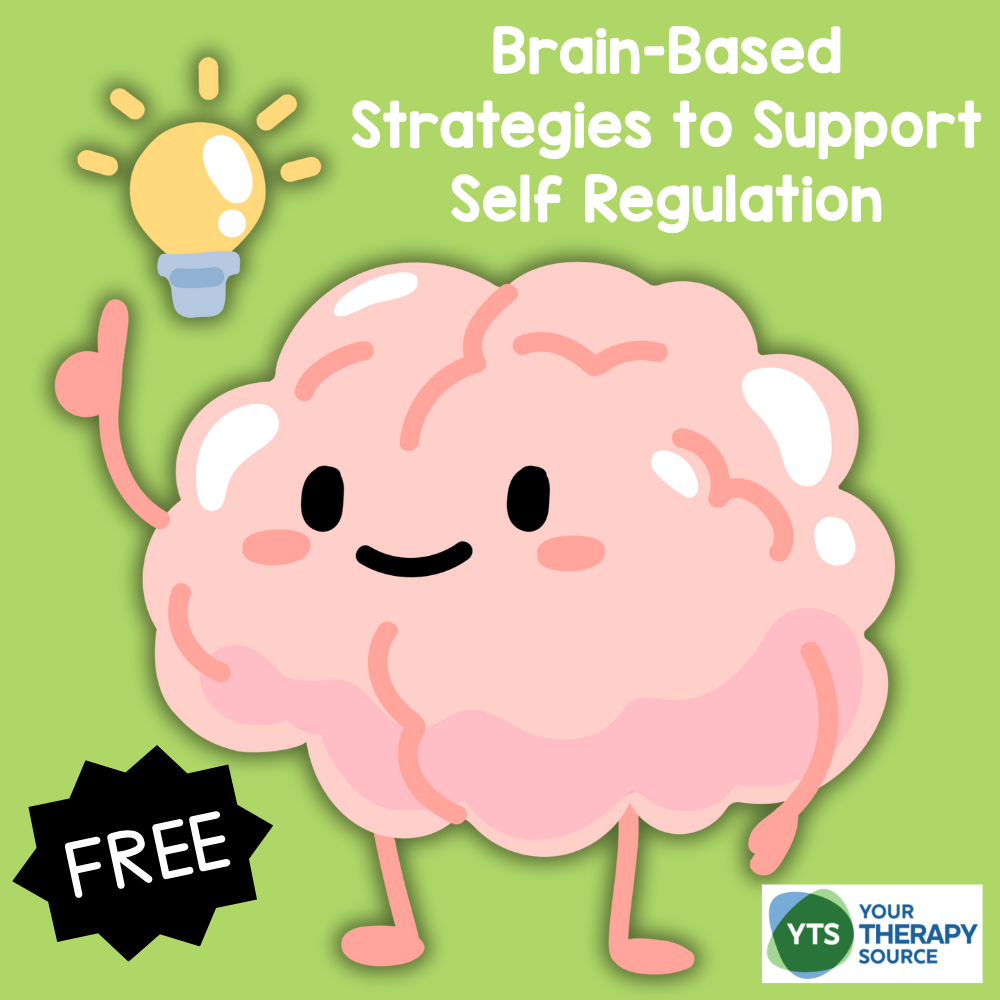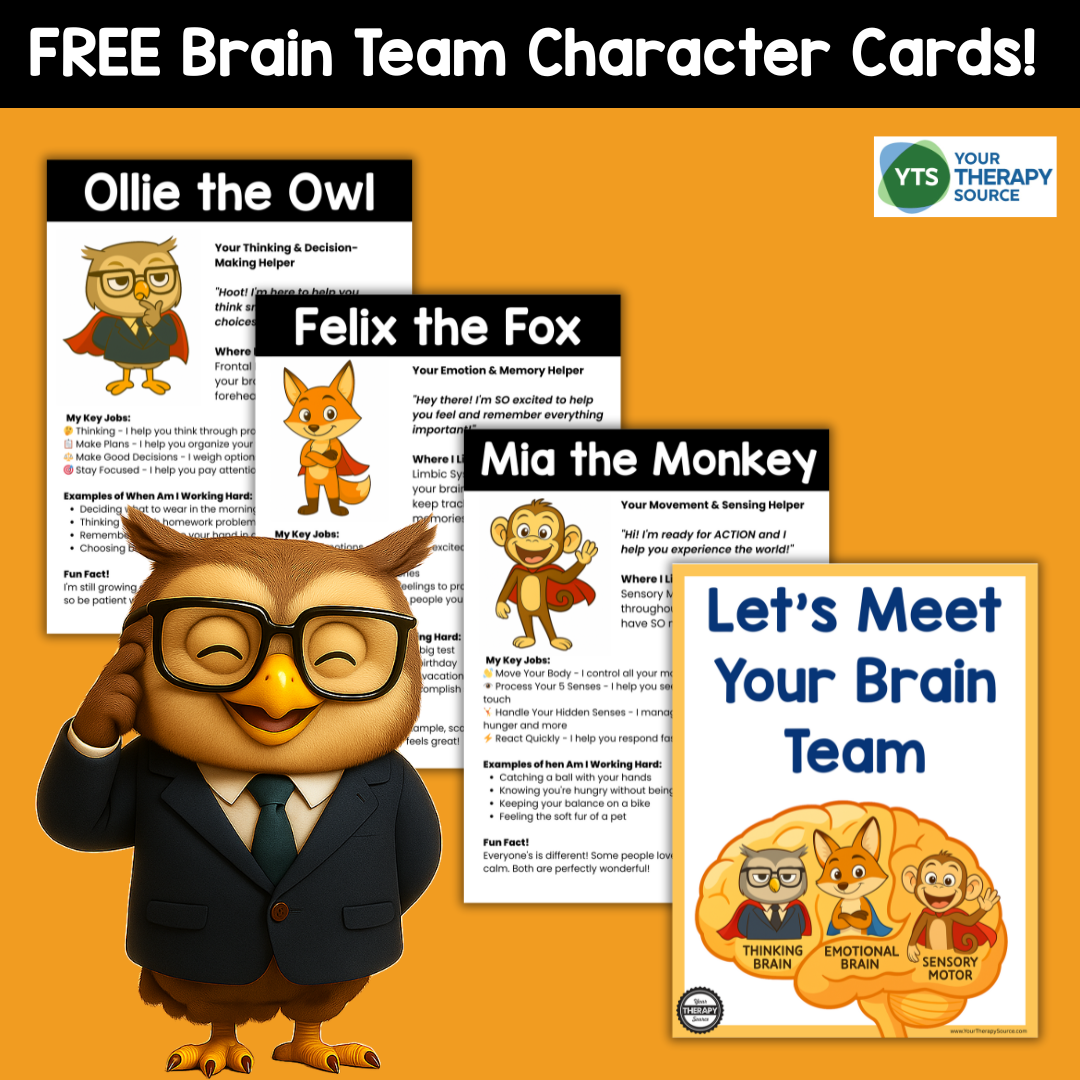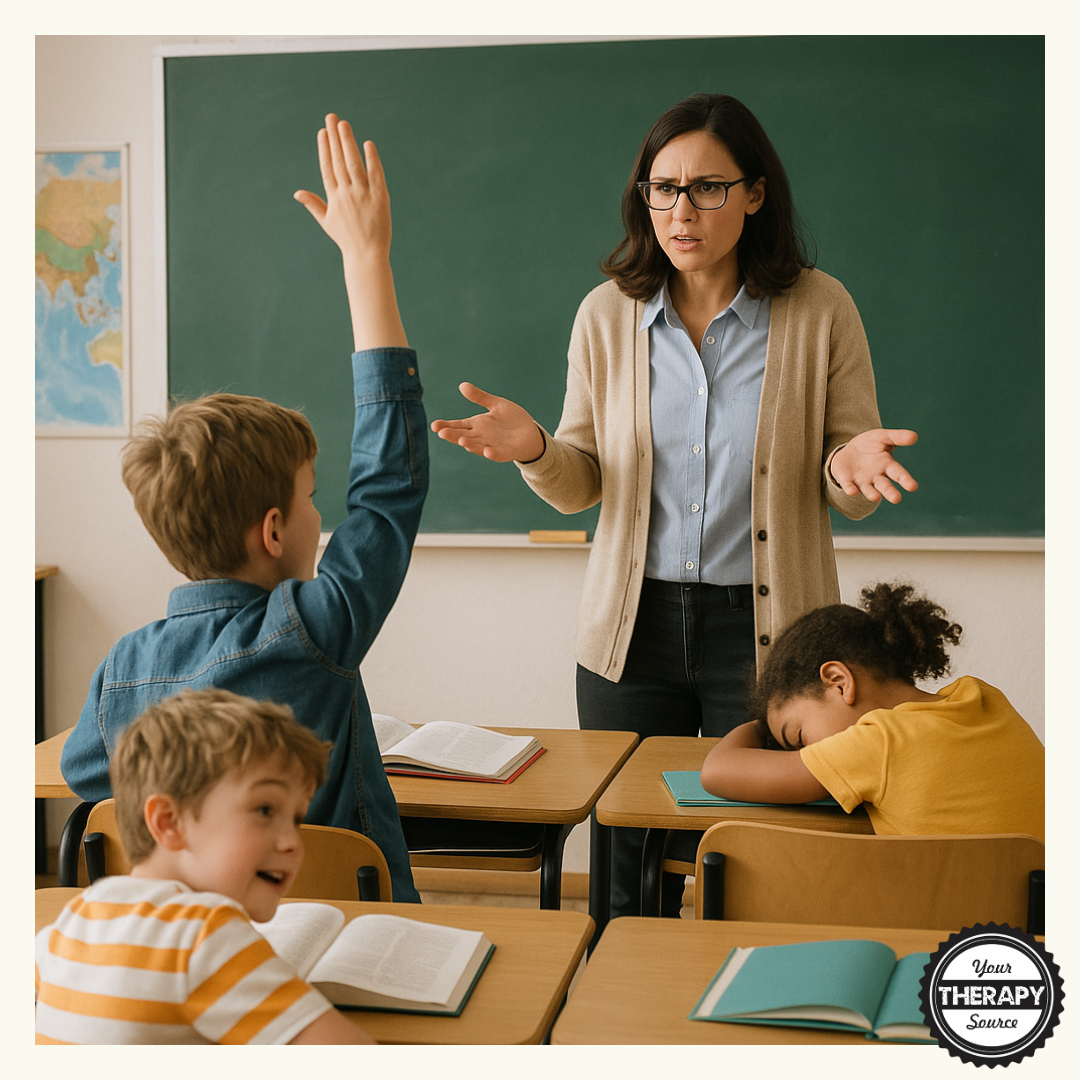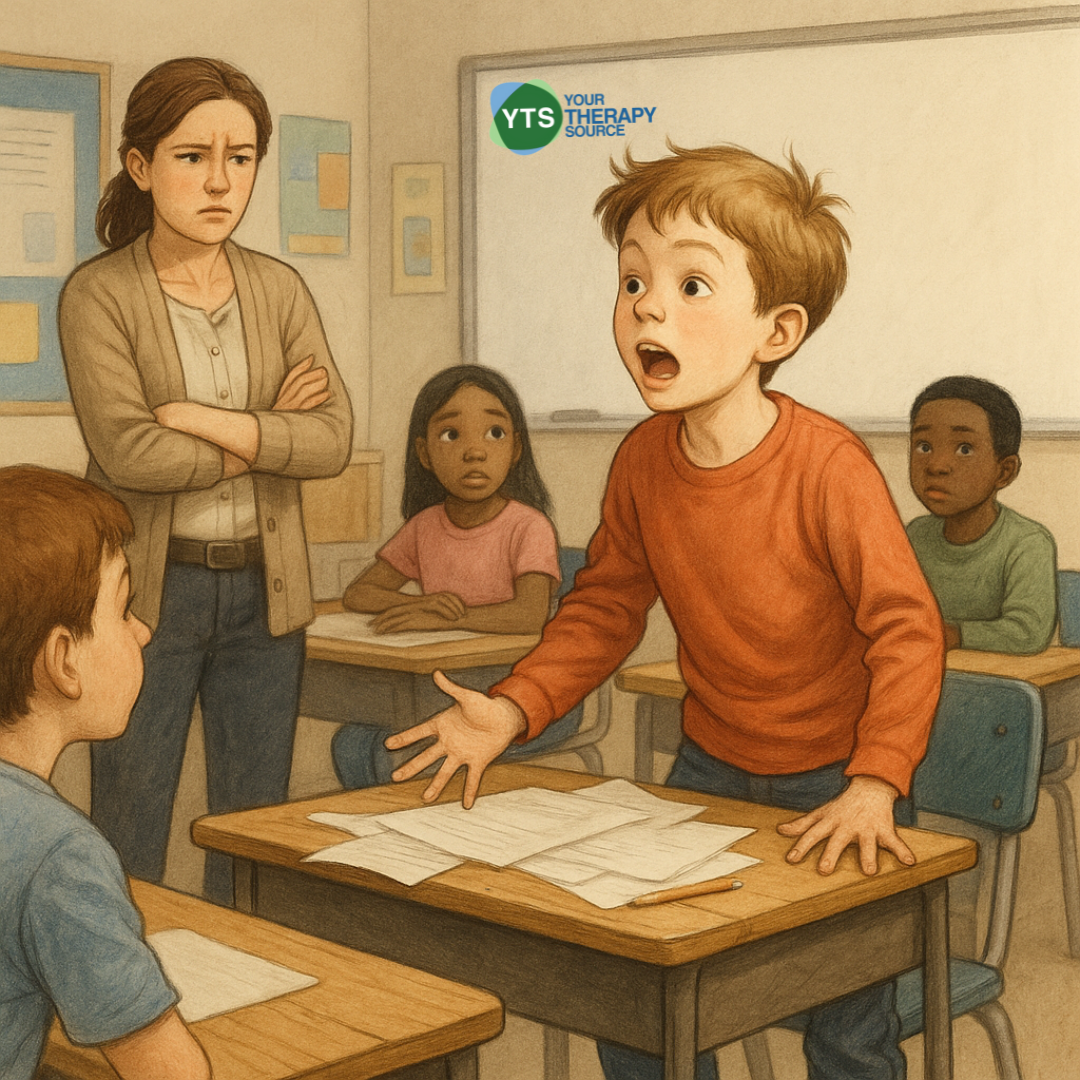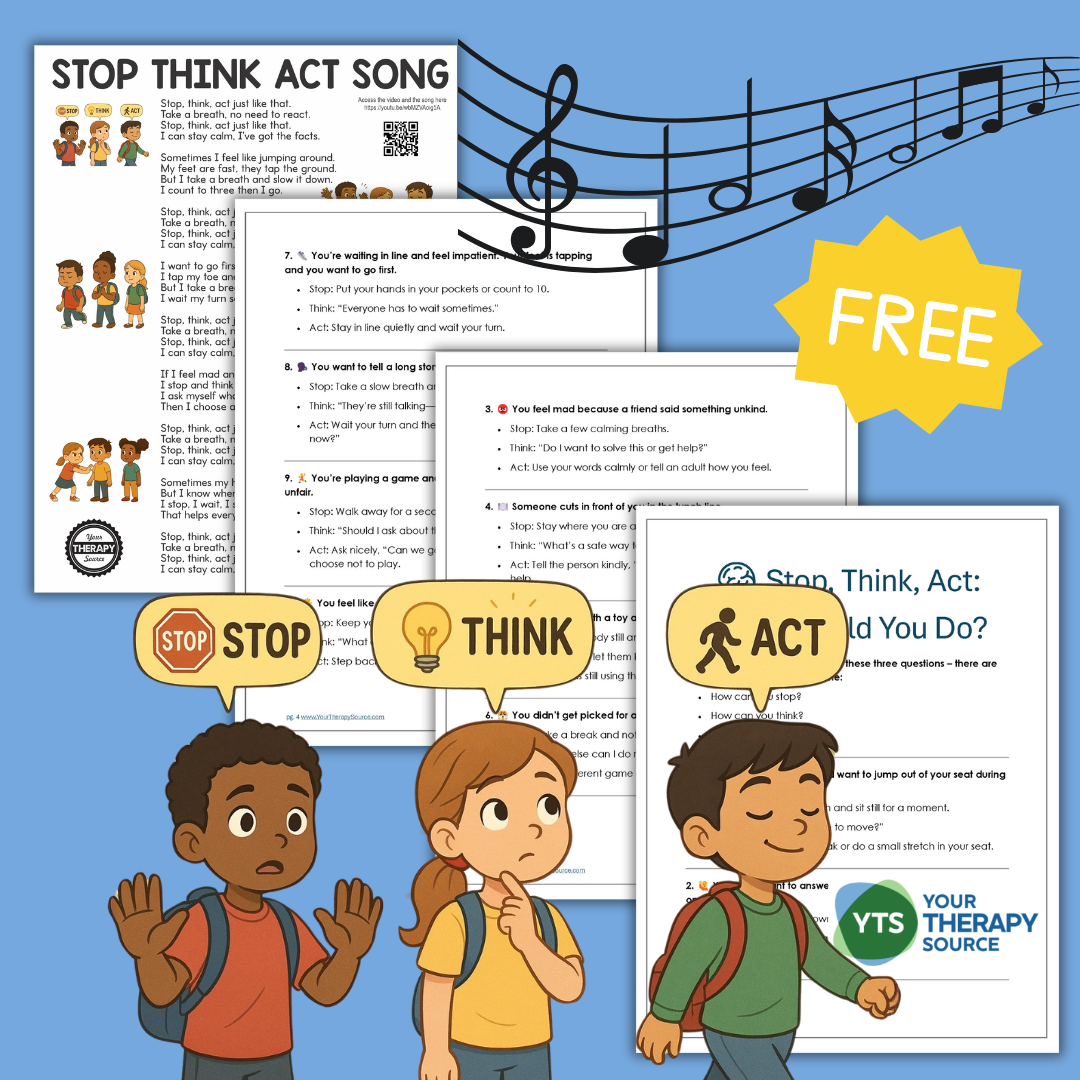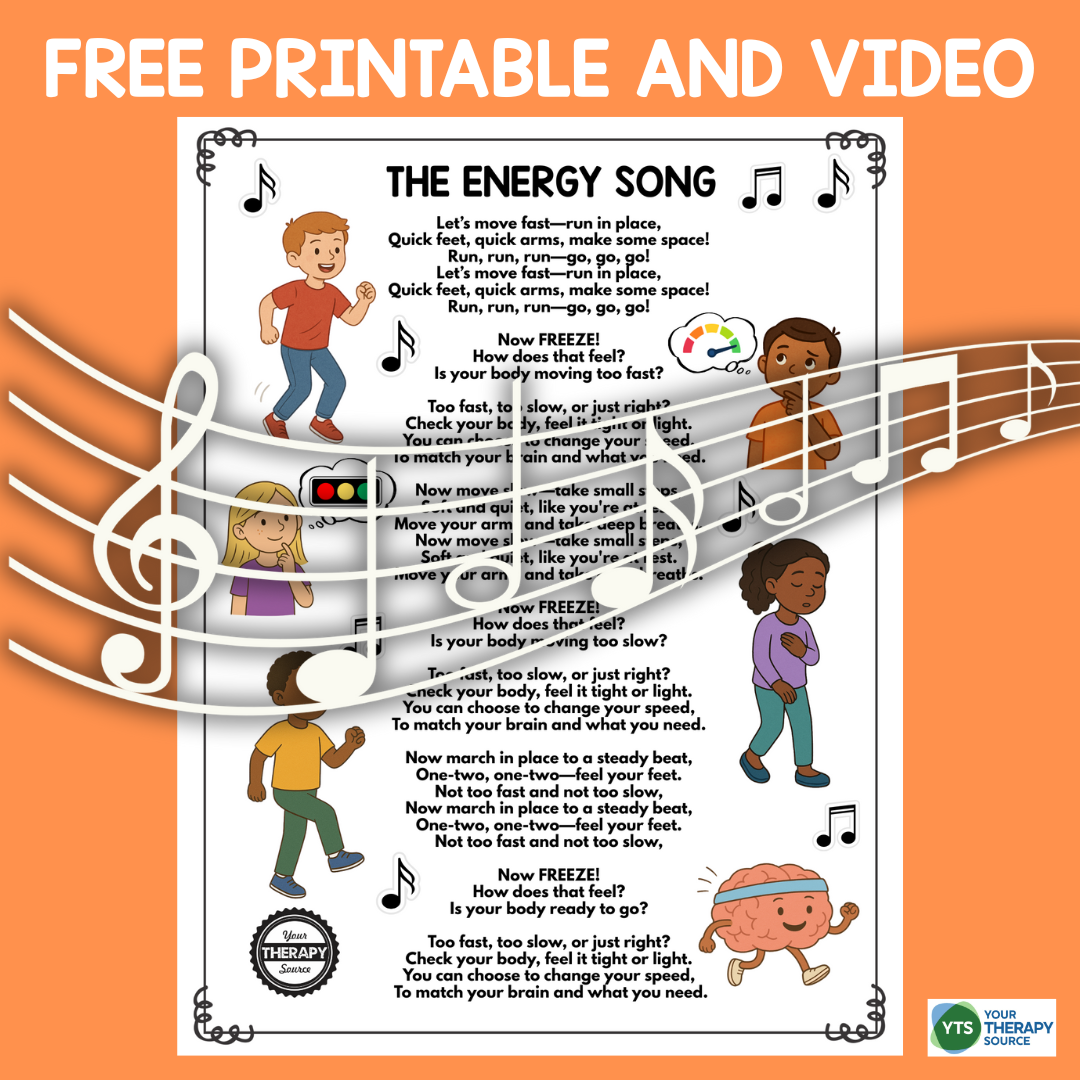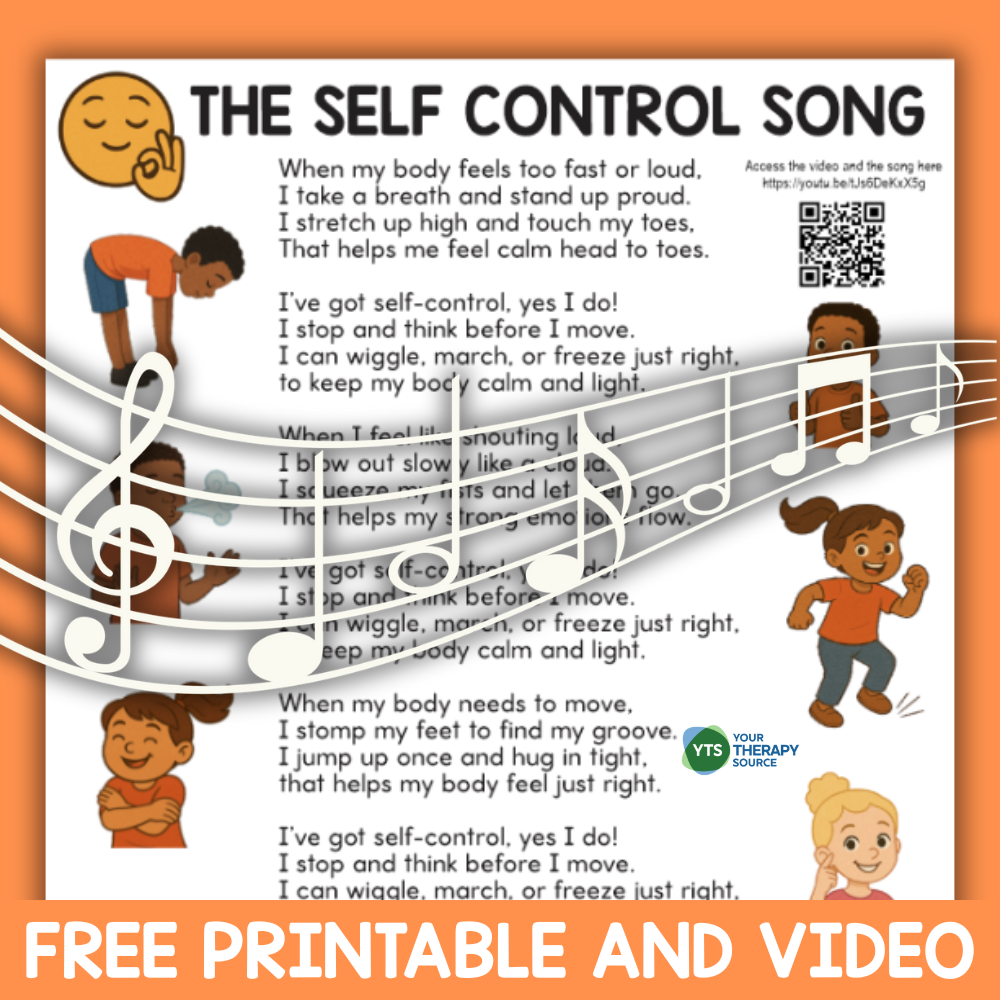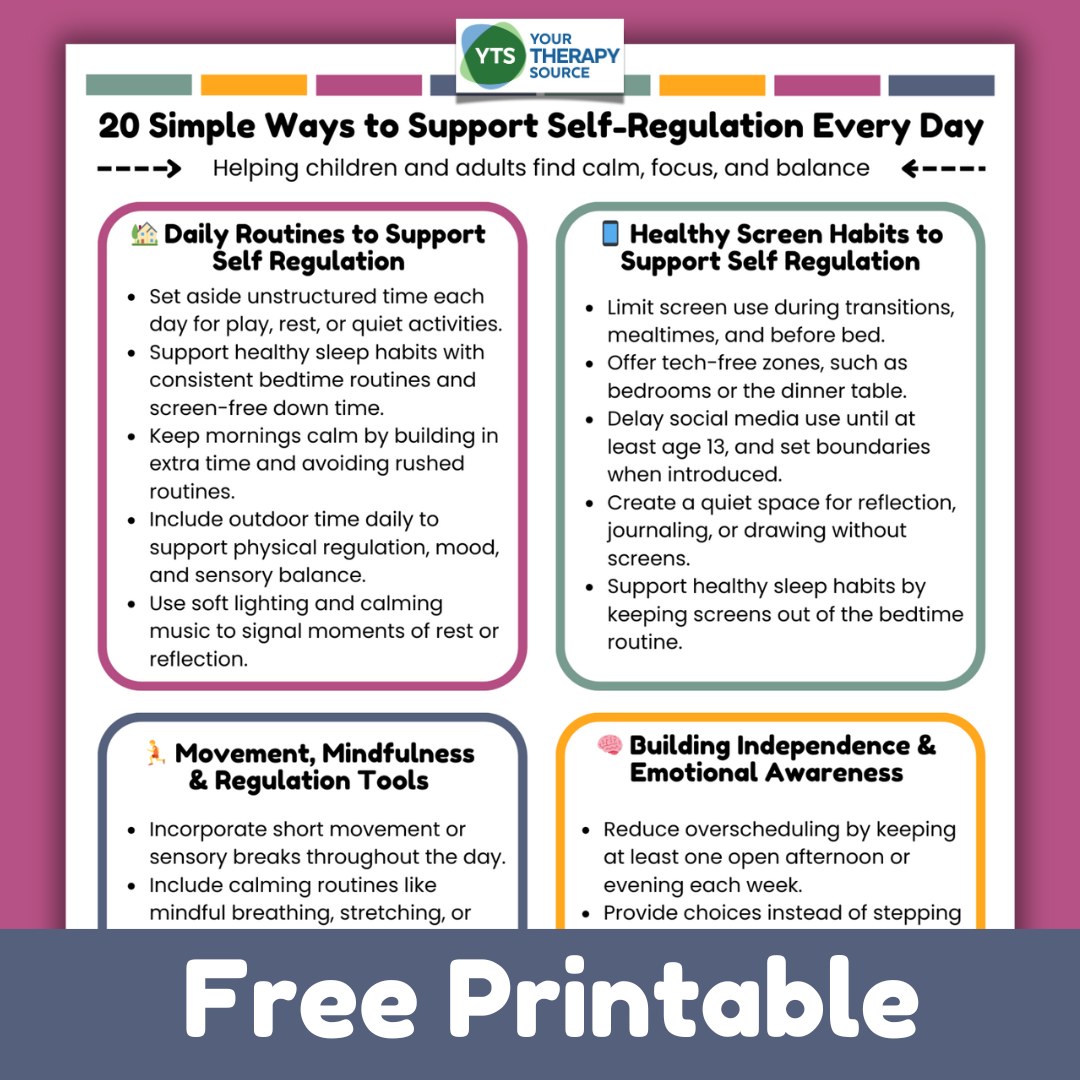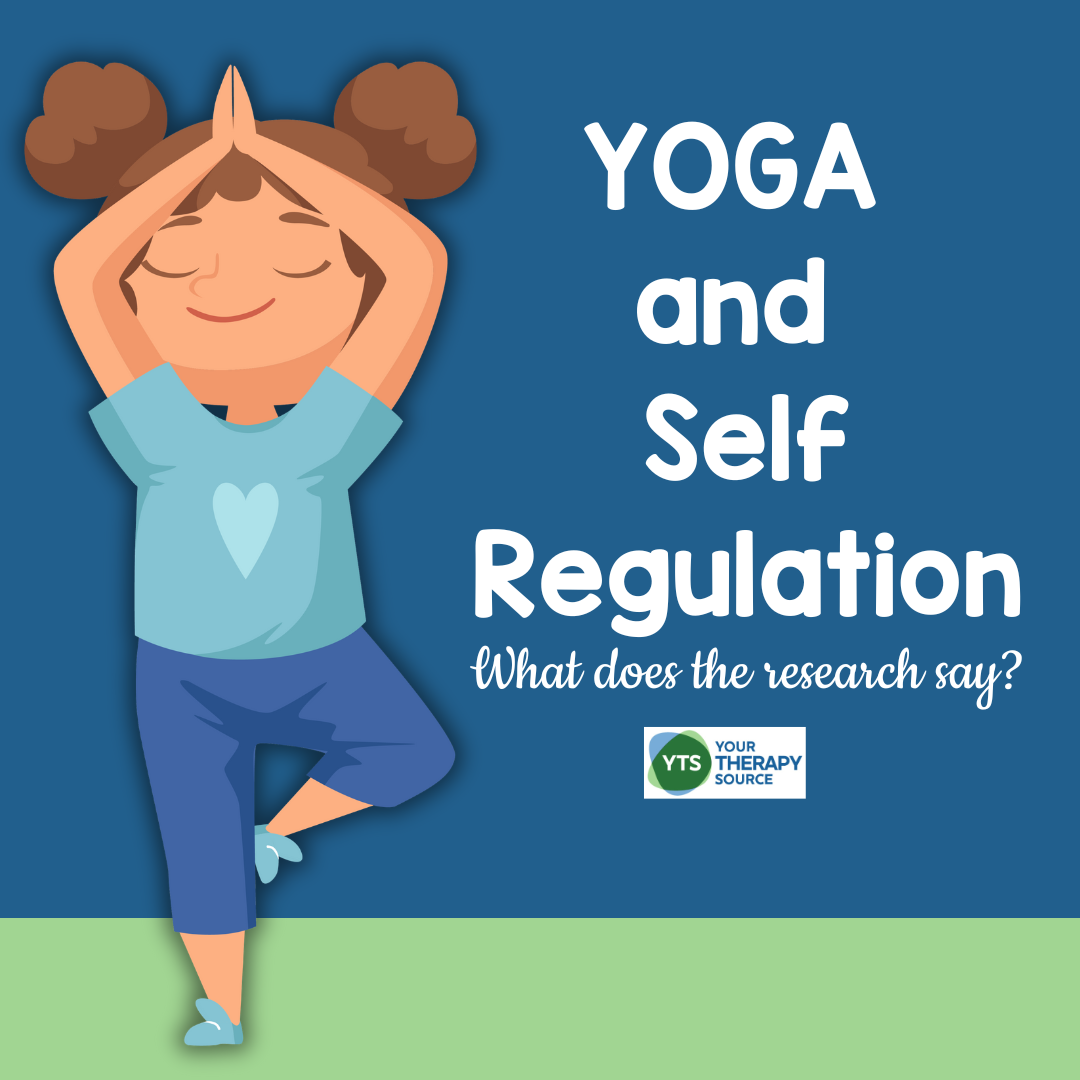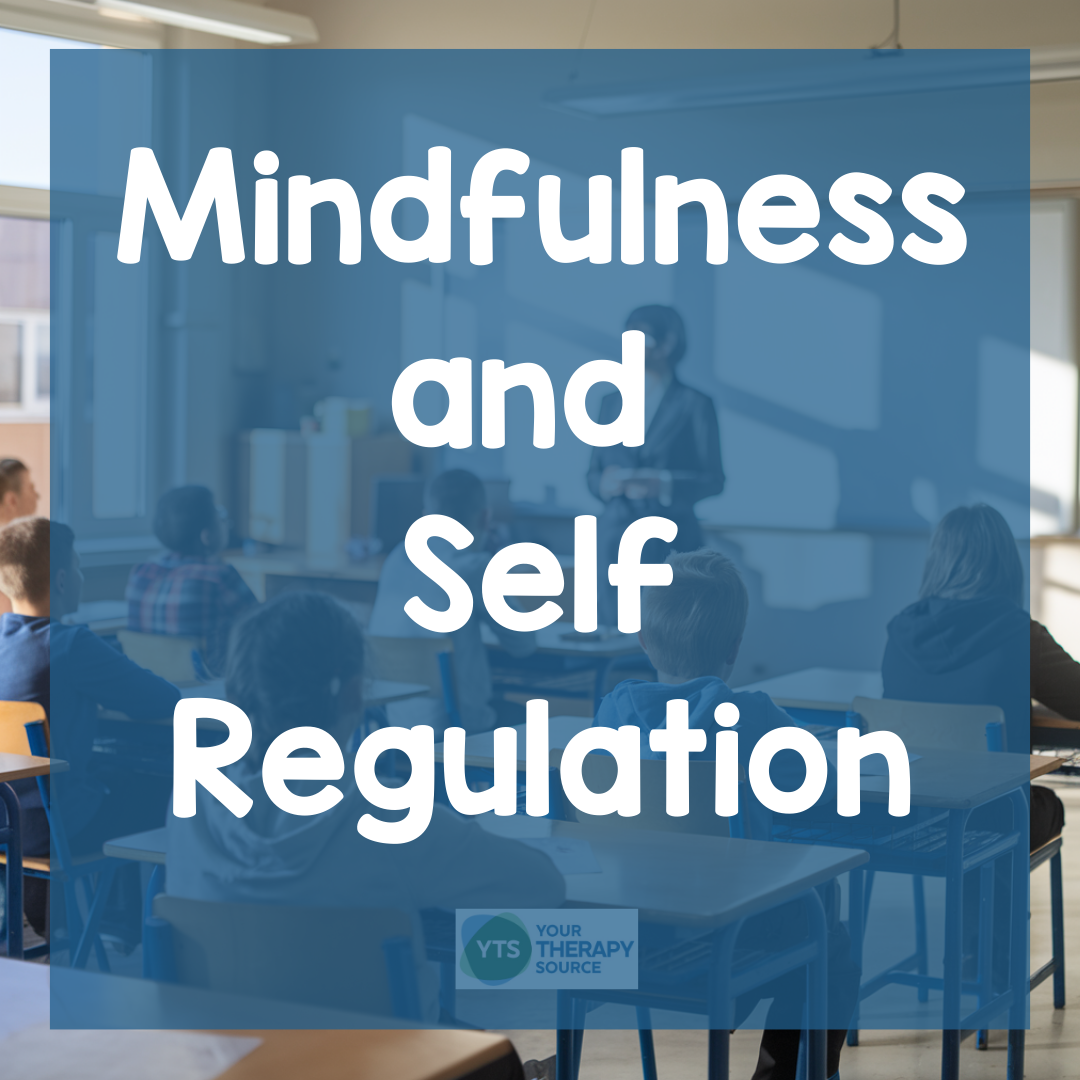Brain Based Self Regulation Strategies for Kids and Adults
Understanding how the brain influences behavior gives parents, educators, and therapists powerful tools to help children develop emotional balance. Rather than relying on surface-level tips or one-size-fits-all solutions, brain based self regulation strategies offer practical, targeted support grounded in neuroscience. You can download a FREE printable of these strategies at the bottom of this post. […]

